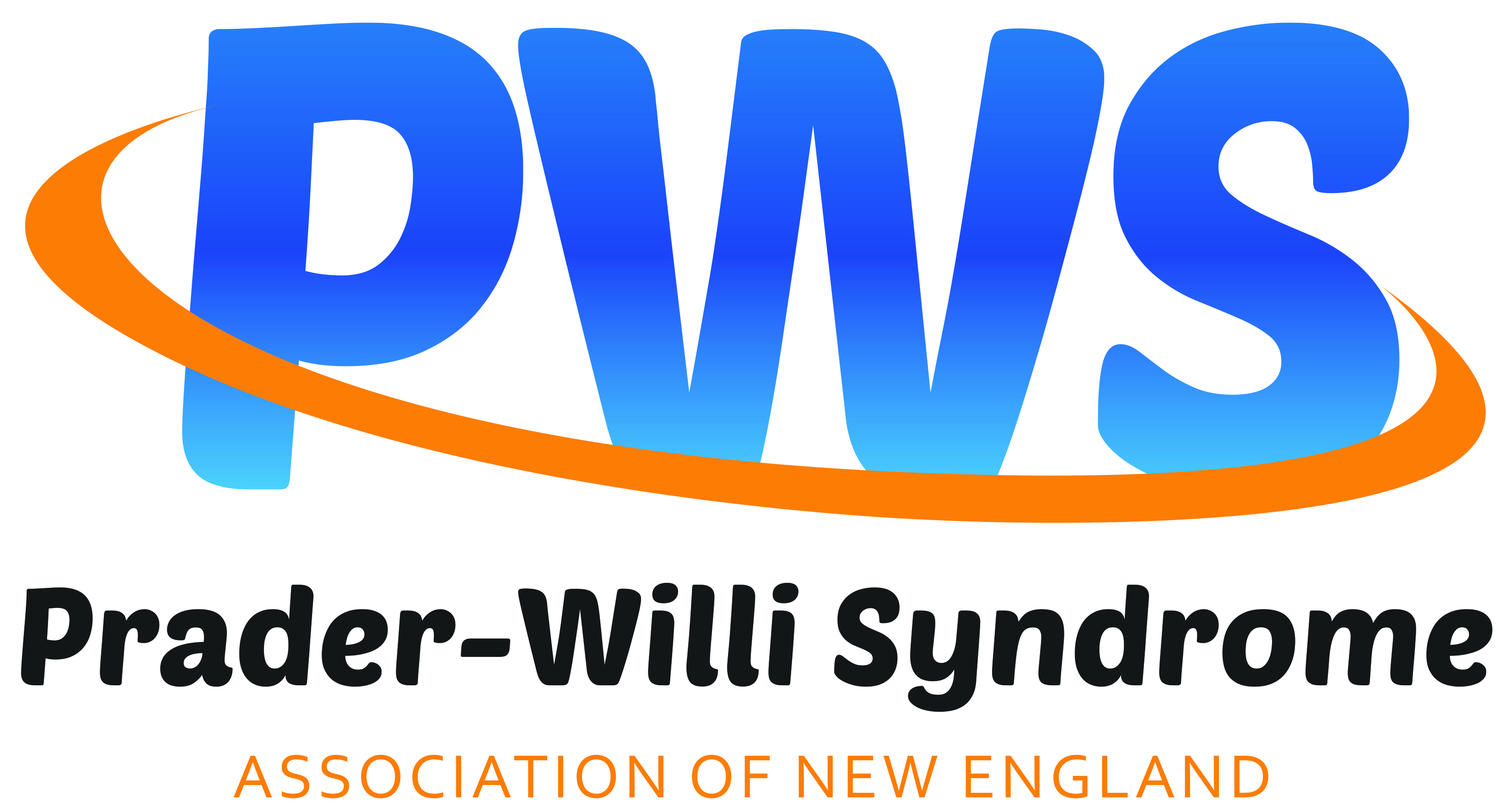 Prader-Willi Syndrome (PWS) is the most common known genetic cause of life-threatening obesity in children. Although the cause is complex it results from an abnormality on the 15th chromosome. It occurs in males and females equally and in all races. Prevalence estimates have ranged from 1:8,000 to 1:25,000 with the most likely figure being 1:15,000
Prader-Willi Syndrome (PWS) is the most common known genetic cause of life-threatening obesity in children. Although the cause is complex it results from an abnormality on the 15th chromosome. It occurs in males and females equally and in all races. Prevalence estimates have ranged from 1:8,000 to 1:25,000 with the most likely figure being 1:15,000
PWS has been historically known as a two stage syndrome, with the first stage characterized by hypotonia (low muscle tone) and poor feeding in infancy, and the second stage exhibiting hyperphagia (an uncontrollable drive to eat), combined with weight gain on fewer calories. Current research through an extensive natural history study has shown that PWS is not just a two stage but a multiphase syndrome:
- Phase 0 (Link redirects to National Association)
- First Phase (Link redirects to National Association)
- Second Main Phase (Link redirects to National Association)
- Third Phase (Link redirects to National Association)
- 4th Phase (Link redirects to National Association)
Occurs in utero and is characterized by decreased fetal movements, birth weight and length.
PWS is a spectrum disorder so a person may not present with all of the medical or behavioral issues. PWS typically causes low muscle tone, short stature if not treated with growth hormone, incomplete sexual development, motor and social development delays and a chronic feeling of hunger. A slower metabolism utilizes drastically fewer calories than normal, which can lead to excessive eating and life-threatening obesity. The food compulsion makes constant supervision necessary. Children with PWS can be sweet and loving, but they can also display characteristics of the Prader-Willi personality that can cause social and behavioral problems. They also have many complex and unique medical issues.
A person with PWS can reach great success and become a valued member of their community with the help and support of knowledgeable parents, teachers, professionals, and care givers.
